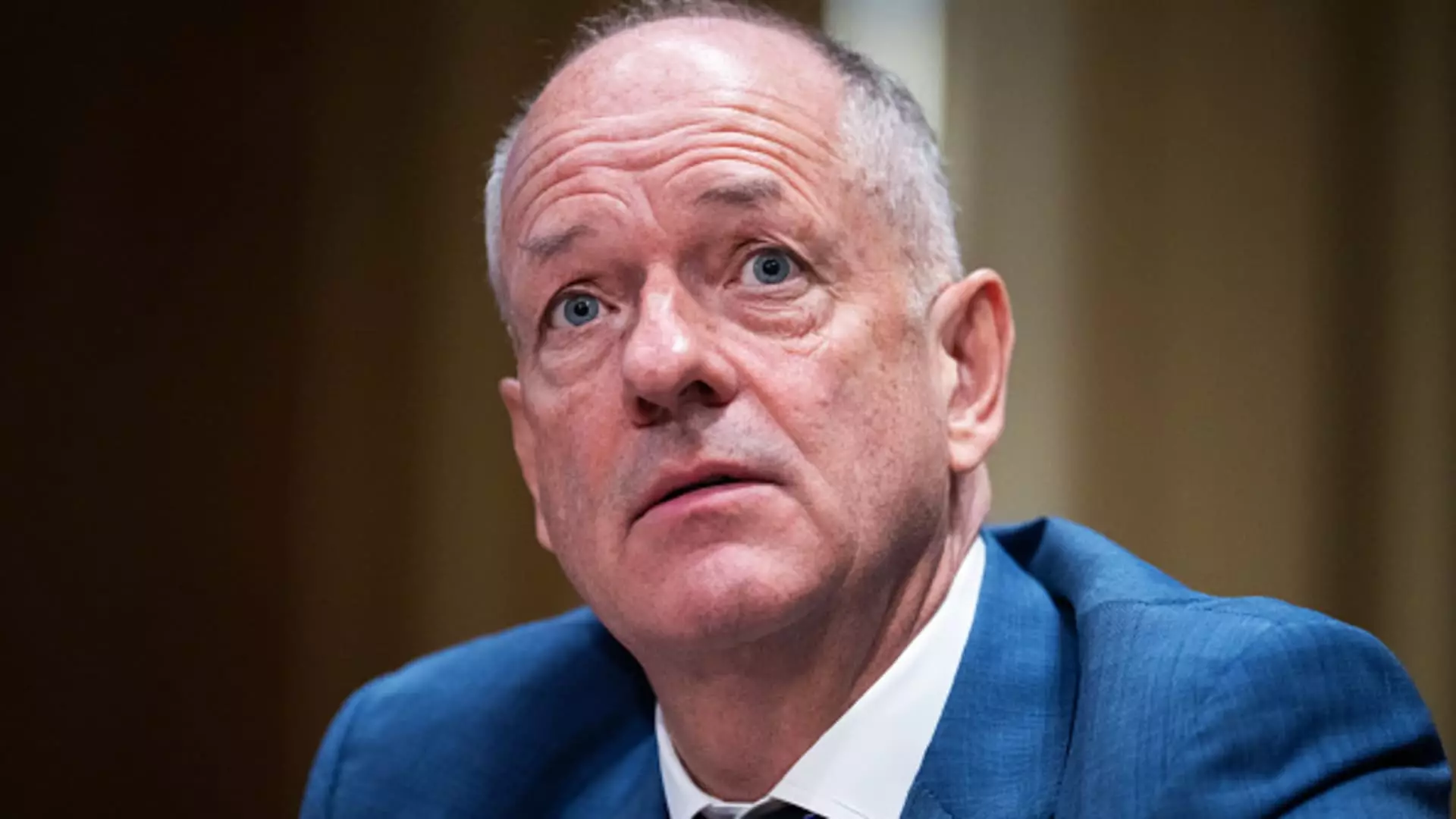The recent passing of Brian Thompson, CEO of UnitedHealthcare, marks a significant moment for the healthcare industry, drawing attention to both personal loss and systemic failures. UnitedHealth Group’s CEO, Andrew Witty, expressed his sorrow in a poignant New York Times opinion piece, shedding light on the inherent issues plaguing the U.S. healthcare system. Witty emphasized that the current structure is not merely suboptimal but fundamentally flawed, resembling a “patchwork built over decades.” His remarks strike a chord with many Americans who are increasingly frustrated with an evolution of policies and practices that seem disconnected from their healthcare needs.
Witty’s acknowledgment of a dysfunctional healthcare system resonates widely in a time when public sentiment has turned against insurance companies. The healthcare industry is facing heightened scrutiny, not only due to Thompson’s tragic death but also due to the growing sentiment of disenchantment among patients. The multitude of issues—such as rising premiums, denied claims, and unforeseen medical bills—has led to a chorus of complaints, which resonate across social media platforms. As Witty articulated, “No one would design a system like the one we have,” highlighting a collective dissatisfaction that has simmered for years.
This is not just about corporate responsibility; it reflects a broader societal demand for reform. The healthcare system should prioritize transparency and accessibility. Witty stated that the primary mission of UnitedHealth is to make the current system function more effectively. However, achieving this mission requires collaboration across various stakeholders, including healthcare providers, regulators, and patients themselves.
In his commentary, Witty extended a hand of partnership, inviting various players in the healthcare field to work collectively in improving care quality and lowering costs. His statements signal a significant shift in rhetoric, moving towards a more inclusive dialogue about health reform. However, this collaborative approach must be actionable, transcending well-meaning words. Stakeholders must come forward with robust strategies focused on demystifying the claims process, ensuring patients have a clear understanding of their coverage.
The issues that plague healthcare are not just technical or managerial; they are profound societal questions about how to best care for individuals and families. As Witty pointed out, some decisions about claims are based on “a comprehensive and continually updated body of clinical evidence.” Such insights into decision-making processes must be clearer to patients to foster trust and understanding.
Thompson’s death is an unfortunate reminder of the frustrations that many feel regarding the healthcare system. As anger toward insurance companies grows—often vilified for their role in spiraling costs—there remains an urgent call for more than just reform; there is a necessity for innovation and compassion in service delivery. Witty emphasized that Thompson dedicated his efforts to assist patients in navigating this complex landscape. Moving forward, the healthcare industry must honor that legacy by striving for transparency, fairness, and effectiveness.
Ultimately, this moment serves as a clarion call for industry change. The U.S. healthcare system’s flaws cannot be ignored any longer. Stakeholders must come together to redefine care, dismantle barriers, and forge a path toward a truly inclusive and functional healthcare environment that serves the needs of all Americans.

